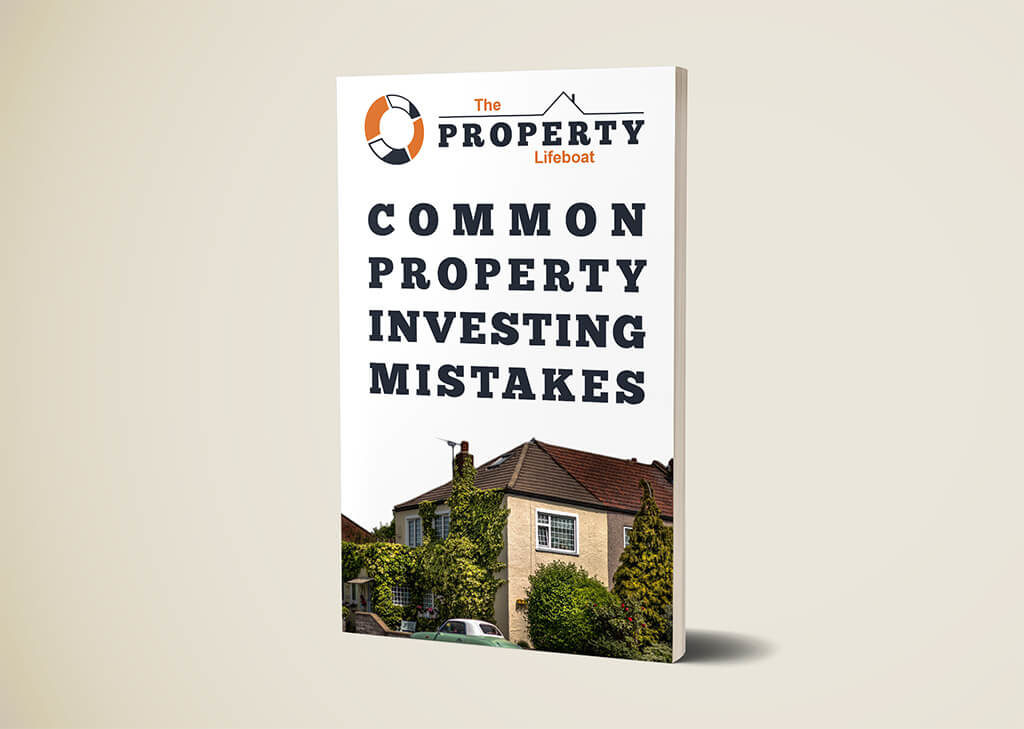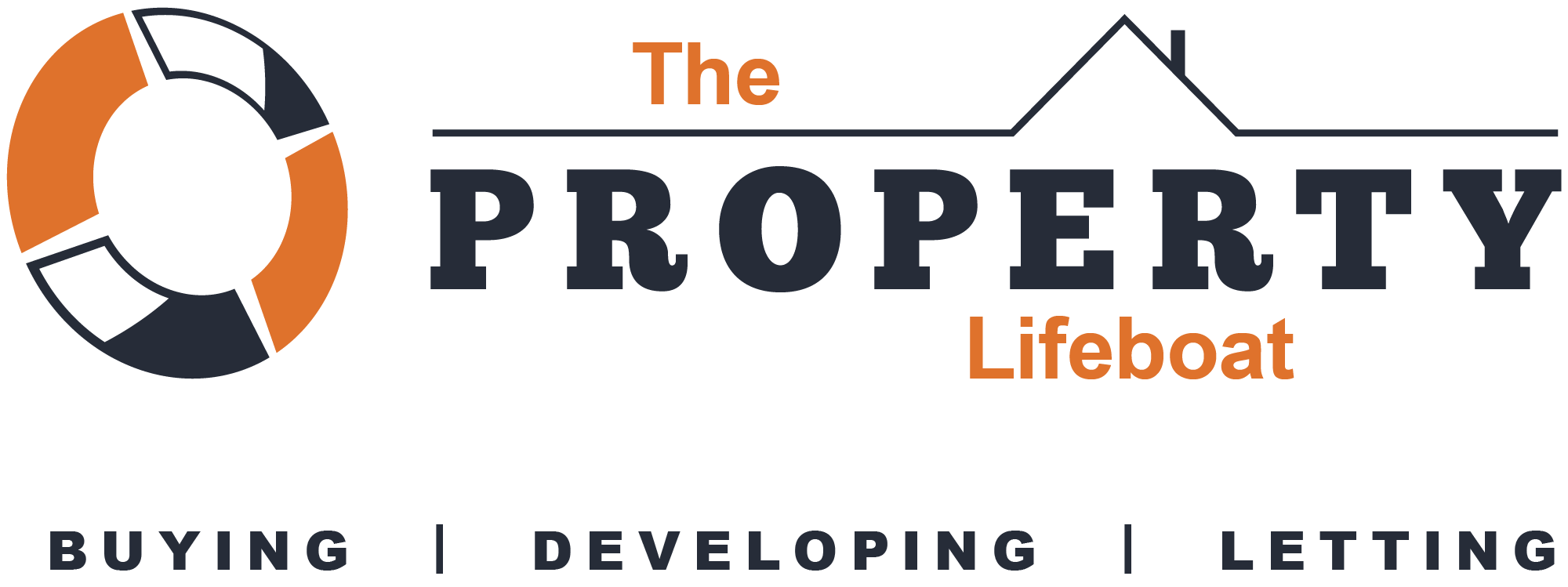
We continually get asked about raising finance and joint ventures for property investments. In particular how to start property investing without any funds. Now let’s be clear about one thing here, there are ways to control property and derive an income from it using very little of your own money. For example using a lease option, or rent to rent model. We don’t want to go into these at this point, we are talking instead about property ownership up front. How can you go about raising the necessary deposit funds?
Get Creative
The trick here is to think creatively. We are conditioned to view property ownership based on what we experienced around us as we grew up. You save up for a deposit, eventually you have enough to buy a house or move house. You have to ‘do the time’ it takes to save the deposit. That’s the sacrifice. This is all well and good but what happens if you want to buy another at the same time, and another? What happens once your deposit money is locked in to the investment property? At this point it is more useful to think like a business owner rather than a property owner.
A business will borrow money to make money; to expand. The business owner’s vision of what they want to achieve will not be constrained by what money the business has in it’s bank account at that moment in time. If the business model (in this case property investment) is profitable then there are ways to raise money to finance it.
Where from? Investing in property takes money. Not necessarily your money, but it does take money. Think to yourself…’Who do I know who has access to money?’…it’s all about leverage and using O.P.M – other people’s money! Think about relatives, friends; potential ‘joint venture’ partners who you could split the profits with or pay interest to for the loan. More traditional sources that you might not associate at first thought with property, are credit cards and personal unsecured loans. Remember though that wherever this money comes from you must factor the additional costs into your figures. You will also need an ‘exit strategy’ – a strategy for paying back the borrowed funds. If you are also seeking mortgage finance for the balance of the purchase costs, you may also be required to declare the source of your deposit monies.
So let’s dive in a little deeper in to the world of raising finance and joint ventures, and one common source of financing in particular: Joint Ventures.

Joint Ventures.
Our definition of a Joint Venture or JV simply put is any arrangement whereby any ‘third party’ is involved in some sort of partnership or mutually beneficial collaboration on a property project. We and most others exclude from this definition banks and mortgage lenders, solicitors and so forth. What we really mean is other individuals or groups of people who we approach (or are approached by) to collaborate on a project. This can be anything from money lending where the individual may retain an interest in the progression of the project but no other involvement, up to a collaboration and sharing of skills, input and resultant profits from the deal. Some people exclude simple ‘hard money lending’ from the definition of JVs but we include it because it shares most of the same principles.
So let’s take a look at some of the main reasons why we might want to undertake a JV.
Reasons For Undertaking a JV.
-
Leverage
Most peoples’ early property journey follows a similar path. A small amount of money is available as a deposit to buy an investment property – typically a Buy to Let property. This might be from savings, an inheritance, money from a pension or equity from a main residence which is available by refinancing or further advance. Typically the property can be bought by putting down a 25% deposit and a mortgage lender will provide the other 75%, alternatively it might be bought in cash outright. Irrespective of how much funds the investor has initially, these funds will eventually run out – it might be after one property or after fifty properties but they will run out. At this point they will start to think about raising finance and joint ventures. To be able to continue to buy more investment properties beyond the initial deposit funds money the investor needs to be able to get all of their money out of the deal. This can be done by refinancing after sufficient capital growth has occurred – which may take time. Alternatively, if the investor has ‘bought well’ or added value to the property perhaps through a refurbishment it can be refinanced earlier. However, often it is not practically possible to get all the original funds out of the deal and over time, after multiple purchases, the original deposit monies are left in the portfolio. At this point the availability of the investors own cash for more purchases becomes the limiting factor for further expansion. By having access to a JV partner’s funds at this stage, further properties can be bought using the JV partner’s money – in part or in full – rather than the investor’s own. This is an example of increasing leverage of the investors cash. Here’s an example – we’ll keep the figures simple:
Property 1, bought using investor’s cash (no finance of any kind):
Purchase Price: £100,000
Net income year 1: :£5,000
Capital Growth year 1: £5,000
Return on Capital Invested (annualised): (5,000 + 5,000)/100,000 x 100% = 10%
Property 2, bought using investor’s deposit (75% LTV mortgage):
Purchase Price: £100,000
Deposit: £25,000 (this is the amount of capital invested by the investor)
Net income year 1: £2,500 (net income decreases due to mortgage payments)
Capital Growth year 1: £5,000
Return on Capital Invested (annualised): (2,500 + 5,000)/25,000 x 100% = 30% i.e the leverage has increased
Property 3, bought using investor’s deposit (75% LTV mortgage) – part funded by JV partner:
Purchase Price: £100,000
Deposit: £25,000 (£20,000 supplied by JV partner, plus £5,000 of investor’s own funds – this is the amount of capital invested by the investor)
Net income year 1: £1,000 (net income decreases due to mortgage payments and in addition, interest payments to JV partner)
Capital Growth year 1: £5,000
Return on Capital Invested (annualised): (1,000 + 5,000)/5,000 x 100% = 120% i.e the leverage has increased even further
So in short, we are interested in forming JV relationships because it enables us to increase the leverage on our own funds, get better returns on our capital and secure more deals that would be out of reach if we relied purely on our own finances. Using this approach it is possible to secure property deals using none of our own money at all; in which case the return on our capital invested is infinite.
-
Skills or Resources Exchange
Property can be a pretty boring business if you go it alone but this is not the only reason for partnering up with someone. Quite often an investor might have a missing skill set or resources required for a particular project. In this situation it is possible to negotiate a JV to acquire the skills required. For instance an investor might be cash rich but have limited knowledge in refurbishments, or might be cash rich but time poor. This investor may therefore require someone who is cash poor but time and skills rich who could contribute to the project in exchange for a share of the profits. In these instances the whole – in terms of what can be achieved from the partnership – is often greater than the sum of the parts. Neither partner alone could achieve as successful an outcome.
-
Development and Growth
Building on the idea of skills exchange, another great reason for forming JV partnerships is for personal development. Opposites often attract and sometimes JV partnerships form when one or other or both partners can see a benefit to their personal development in terms of what they can learn from the other partner. This does not need to be anything formal and can infact be a side benefit of a JV formed for other reasons.
-
Mitigation of Risk
Many of the best JV partnerships come about because a project is simply too big or risky to take on individually. It enables projects to go ahead which otherwise simply wouldn’t get off the ground. If you look around your local area you will undoubtedly find a large development ongoing which is operated as a JV with often many investment partners involved.
So before you say no to your next project because of lack of funds, skills or experience, think again and consider how you would look at it differently if you could bring a JV partner on board. Get creative and explore ways in which you can partner with someone and you will be surprised how far it will take you.
Where to Find JV Partners and Funding.
So we have identified that one of the primary reasons for wanting to do property Joint Ventures (JVs) is to get access to additional funds. This increases the leverage of our own funds and enables property investors to do more deals or build their portfolios faster. So where are the best places to find JV partners and JV funds?
Many people are reluctant to ask for help and even more reluctant to ask for money. Essentially it feels like ‘failure’. Successful property investors don’t feel this way at all and re-frame it into ‘developing oneself’ and ‘sharing success’. So, get over yourself and get out of your own way and get out there and find where the money is. But where exactly and how? We’ve brainstormed a few of the most common places to look first. Remember though to have your ‘elevator speech’ ready; who are you, what you are about and what you can offer an investor.
-
Friends and Family Members
Remember dear old Uncle Fred last Christmas, rattling on about his £50,000 lottery win? Yes, yawn yawn, he bored us all silly…. hang on a minute……? Everyone knows someone in their family who has some money sitting around, perhaps not earning them a very good return. Make some enquiries and make them a proposition.
-
Inheritance
Money or property once inherited can sit around for ages without being put to good use – particularly if it is split between multiple people. Make some enquiries within and outside your family and you may be surprised.
-
Pension Funds
With recent changes to pension rules, more and more people are looking to take more control of their pension funds and make it work harder for them and this fact can be a good lead in to raising finance and joint ventures. Speak to older family members and friends who may have access to these types of funds.
-
Business Investing Groups
These are groups that are specifically set up for businesses to find venture capital and angel investors. Find out where your local one is.
-
Social Media
Cultivate your group of contacts and friends. Let people know what you are involved in and what sort of funds you require. You never know what could be in the next private message.
-
Business Networking Events
These tend to be frequented by self made entrepreneurs and are a good place to find like minded people who may want to invest in you and your next venture.
-
Property Networking Events.
Even more focused and targeted than business events; there will undoubtedly be money circulating in the room looking for a home. Make sure you go with a clear aim in mind though.
-
Property Forums and Membership Sites.
These sites can be a good source of funding.
-
High End Sports Clubs.
Sailing clubs, golf clubs, exclusive gyms etc. are a good source of JV funds. If you happen to have a sporting hobby or are a member of a club already so much the better. If not, consider taking up a hobby and joining a club that might fit in well with your property investing.
-
Crowd Funding Sites.
Crowd funding sites such as Kickstarter and Funding Circle regularly have proprerty related projects seeking funding.
-
Go Where The Money Is.
It sounds a bit obvious but you need to be frequenting places where high net worth individuals spend their free time. This could be any of the places mentioned above and in addition places such as private members only clubs, high profile social functions, charity events, gala events etc.
Conclusion
No one ever said raising finance and joint ventures would be easy, but once you get going you will be surprised how everything starts to slot into place. If the deal is valuable enough you will be sure to find the necessary money one way or another. The key with raising finance and joint ventures is to get creative.
As always, if you have any questions about anything to do with property investing and property development then please get in touch.
FREE 'Common Property Investing Mistakes' guide.

We have created a free guide to help you get going on your property investment journey. This invaluable guide includes the most common property investing mistakes. The guide is completely FREE and you can claim your free guide by clicking here.

